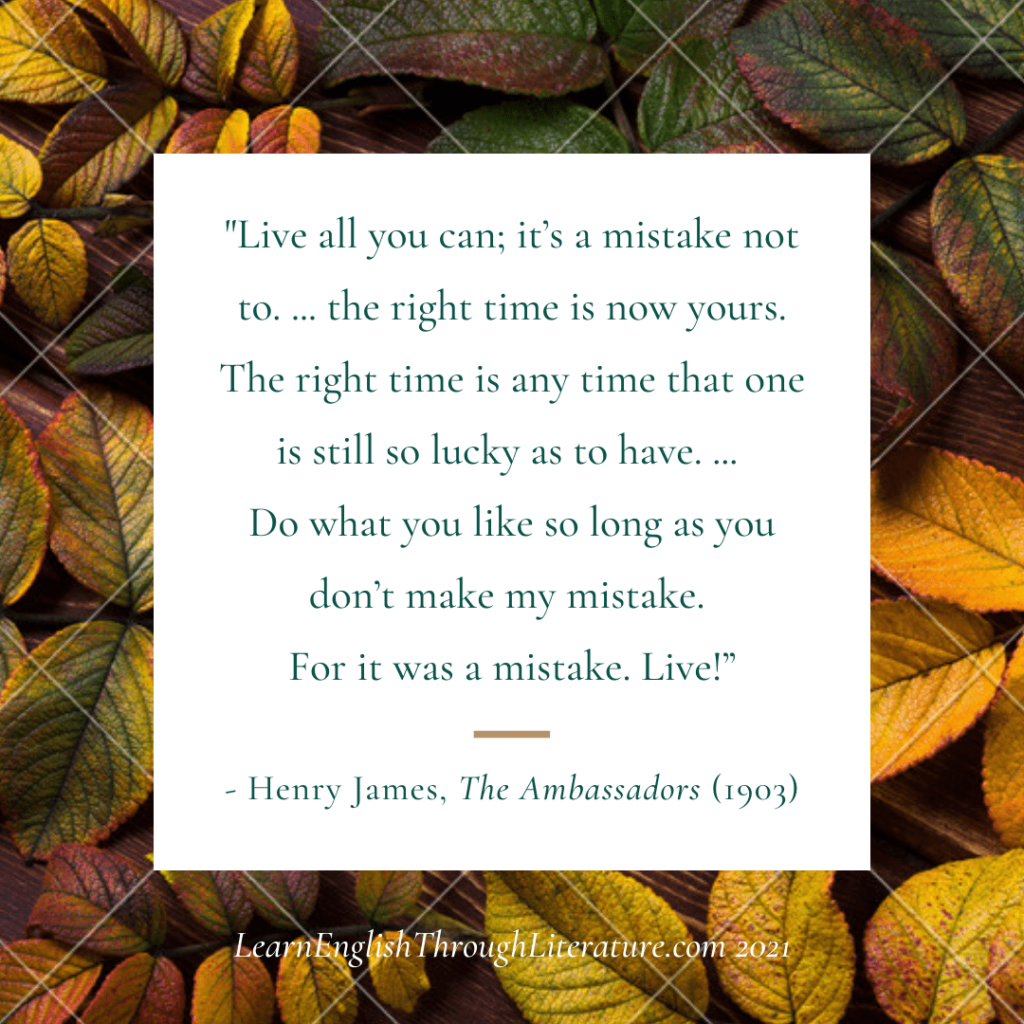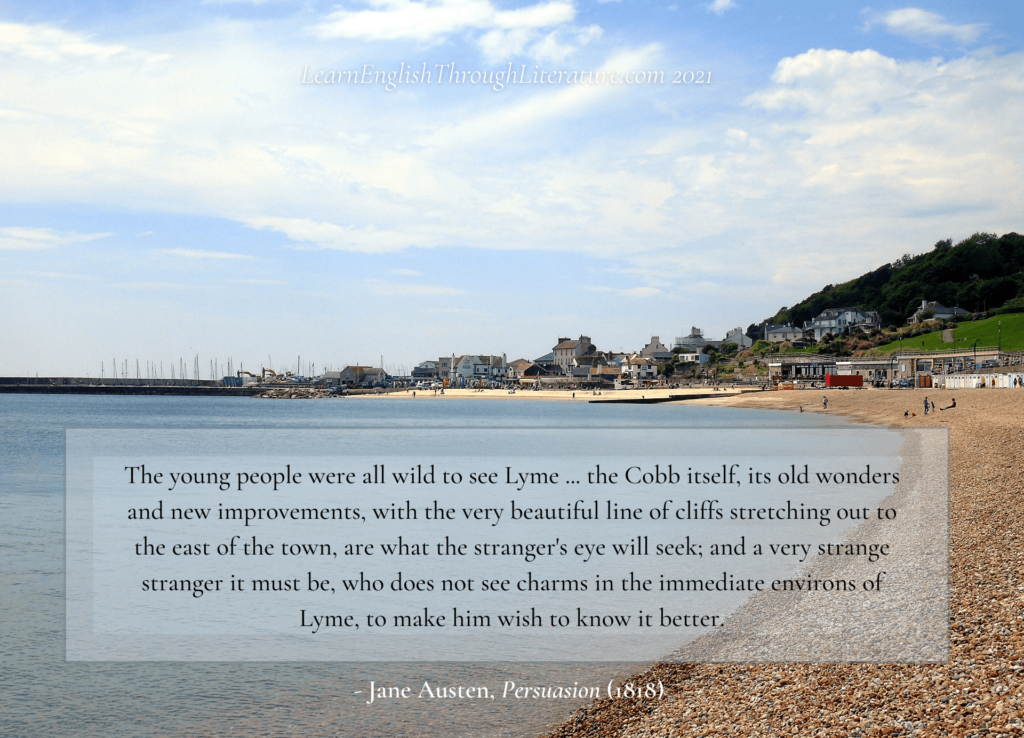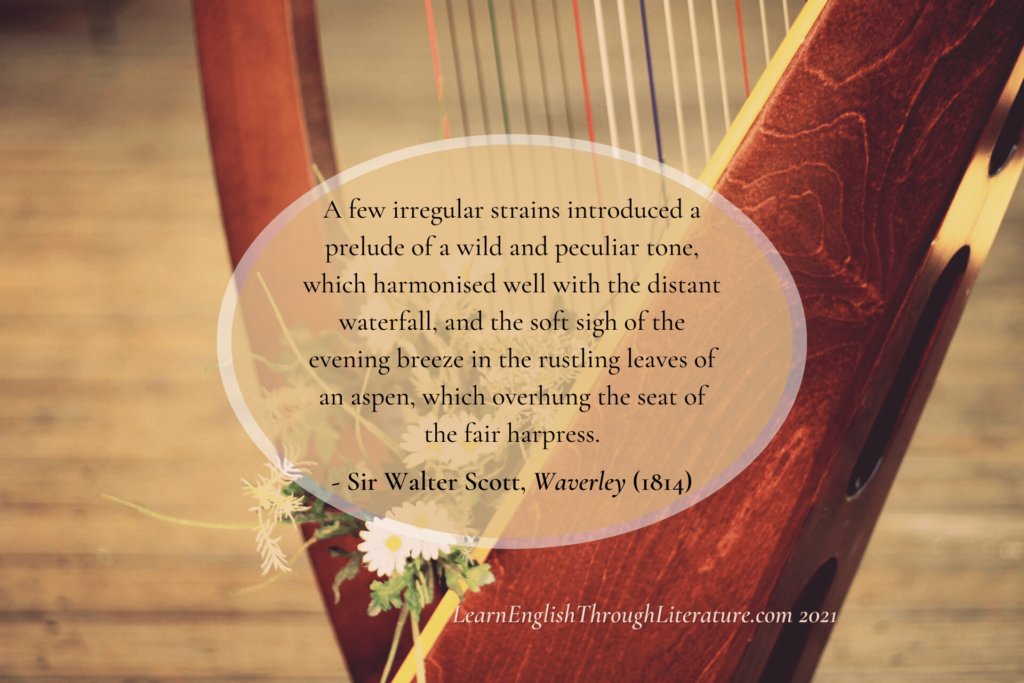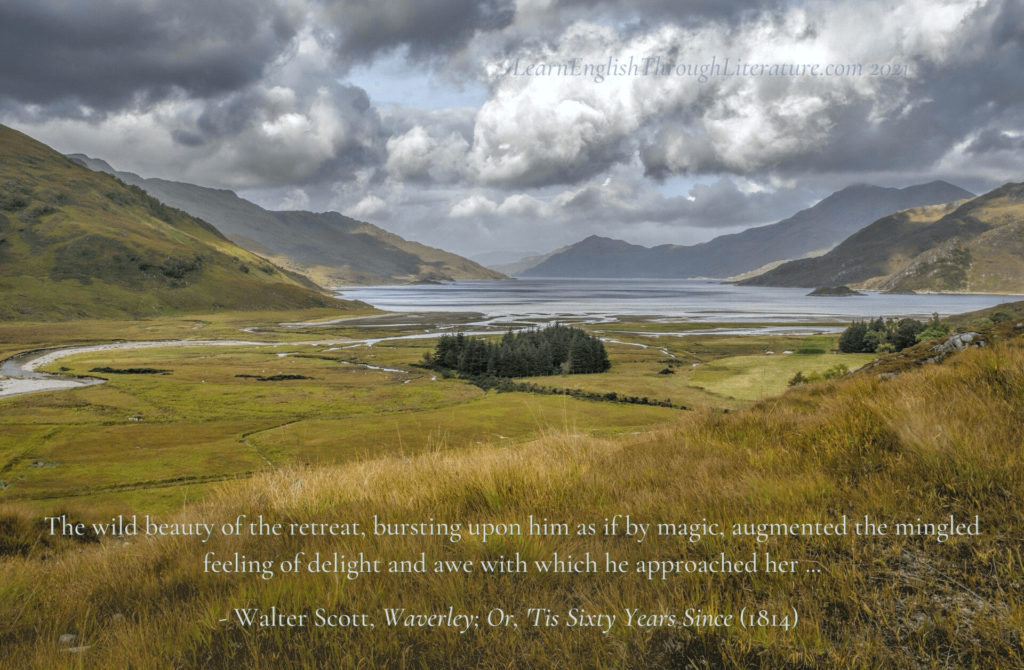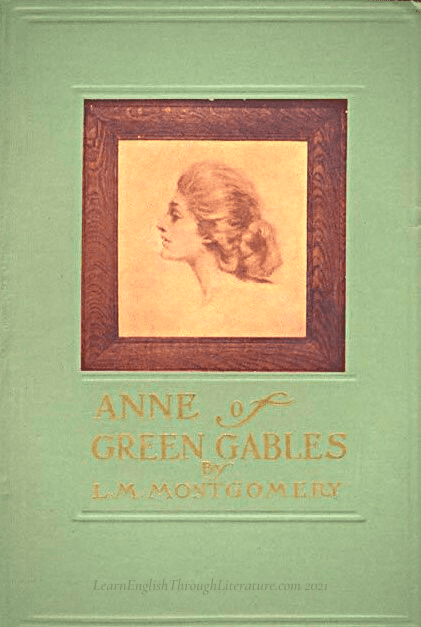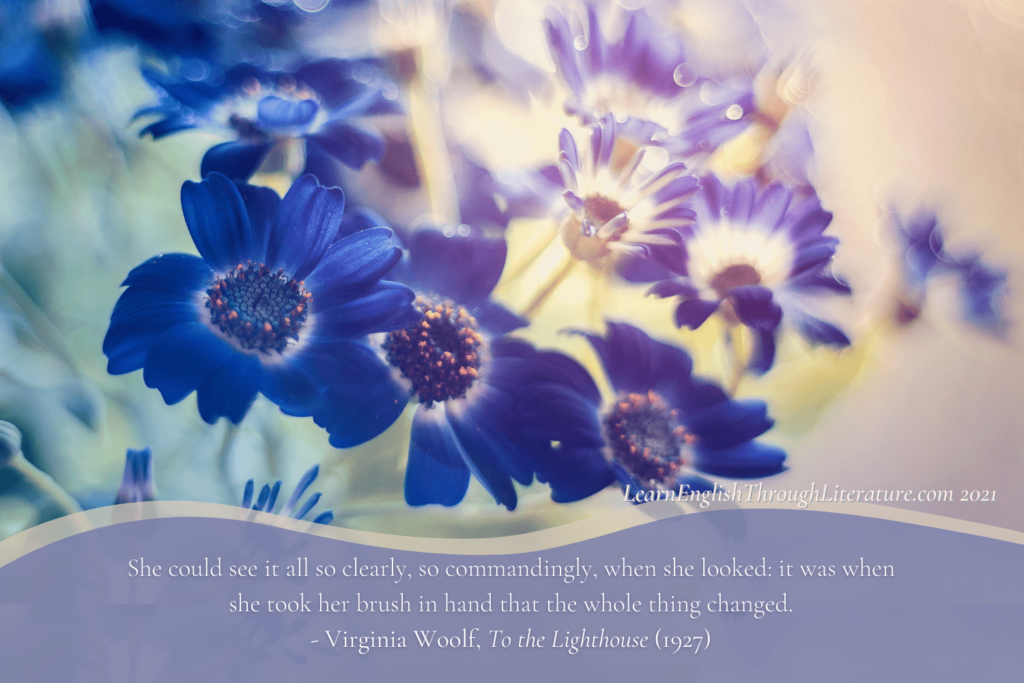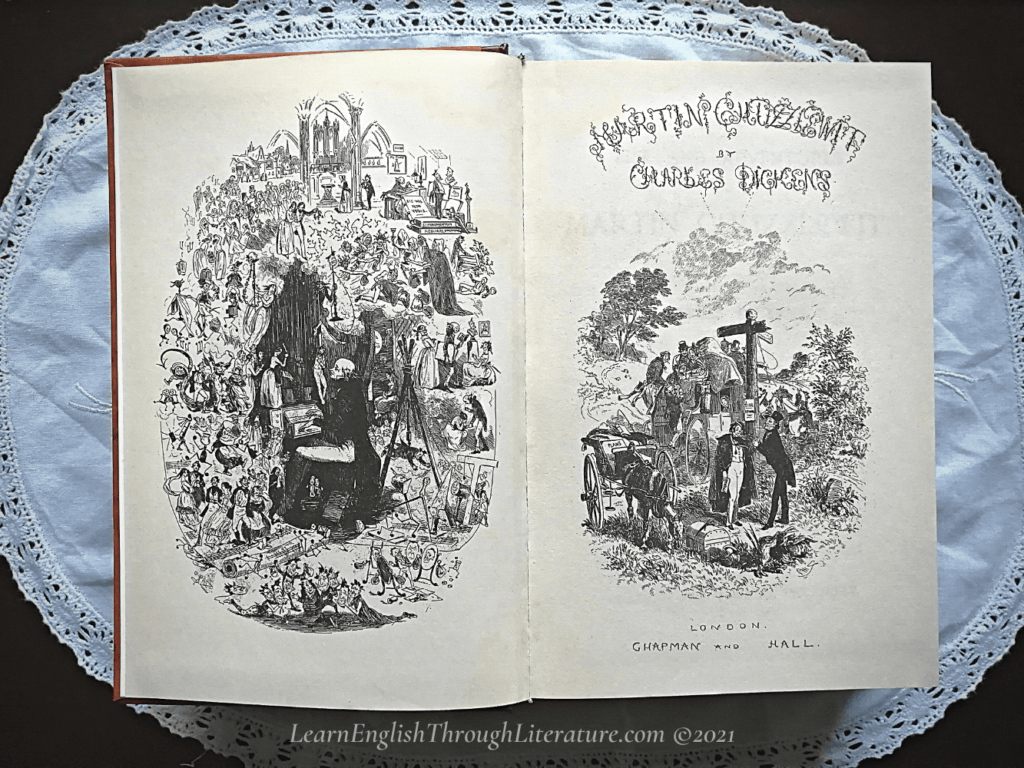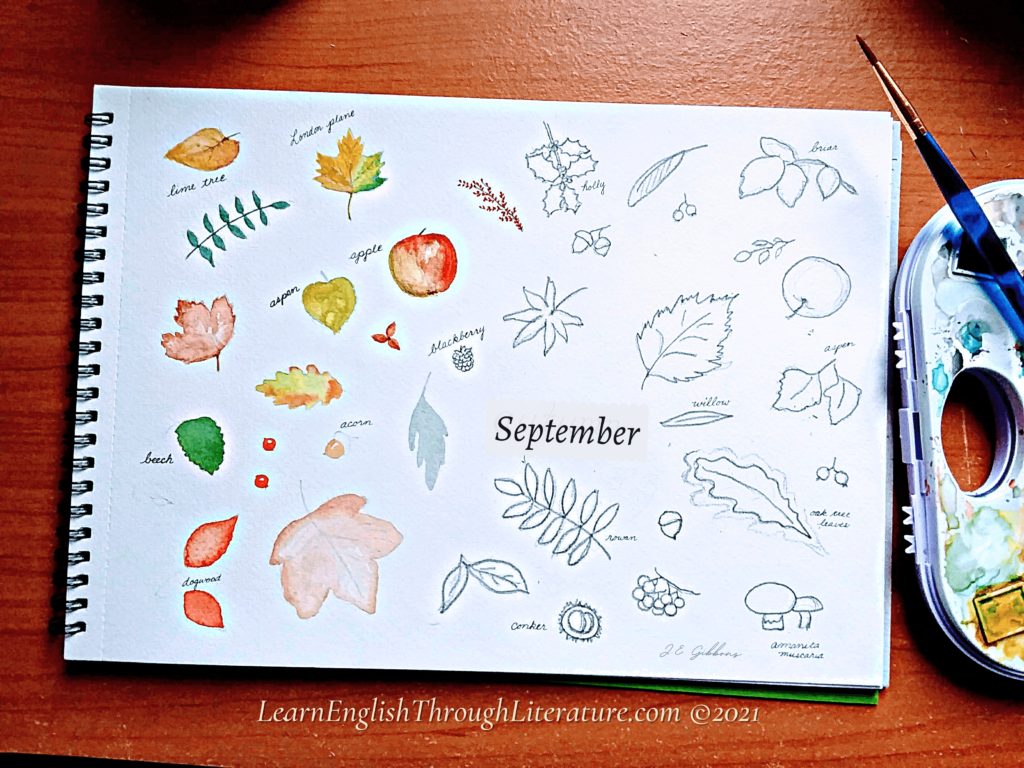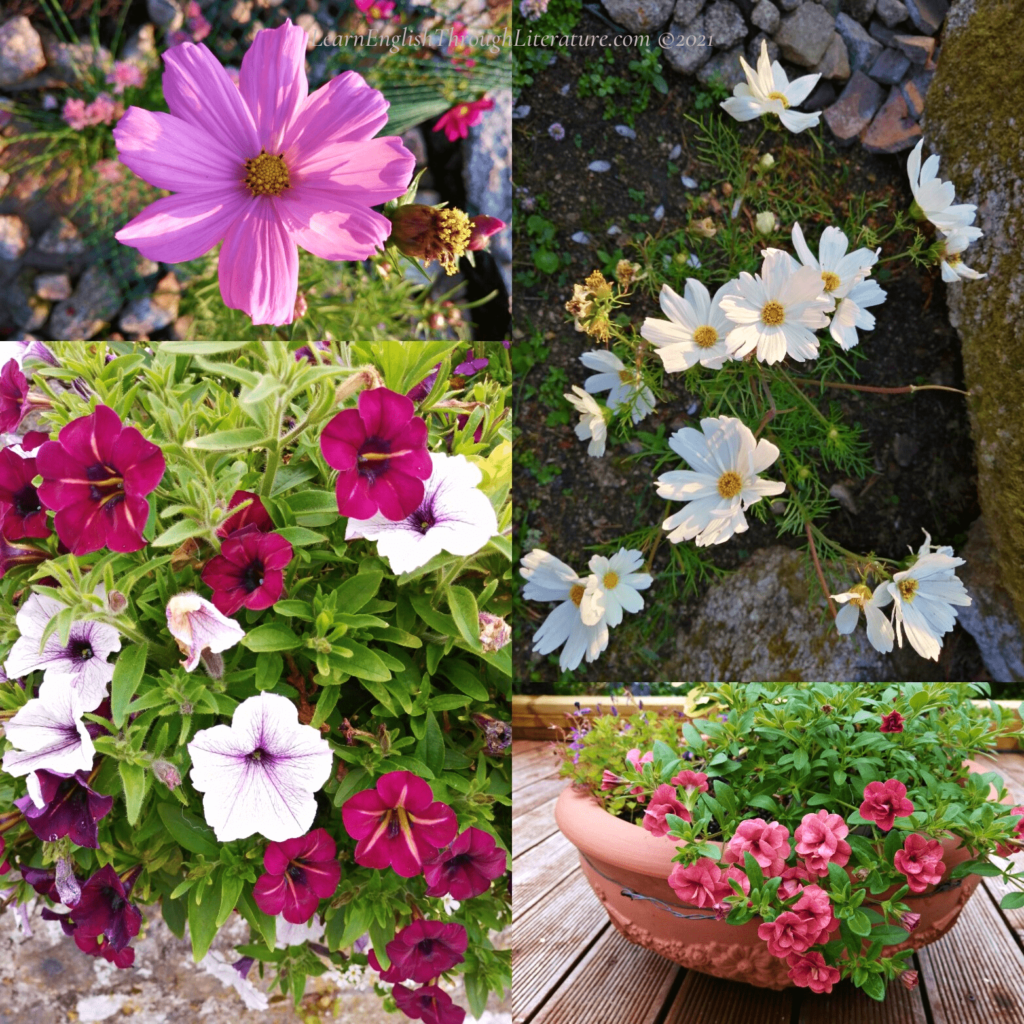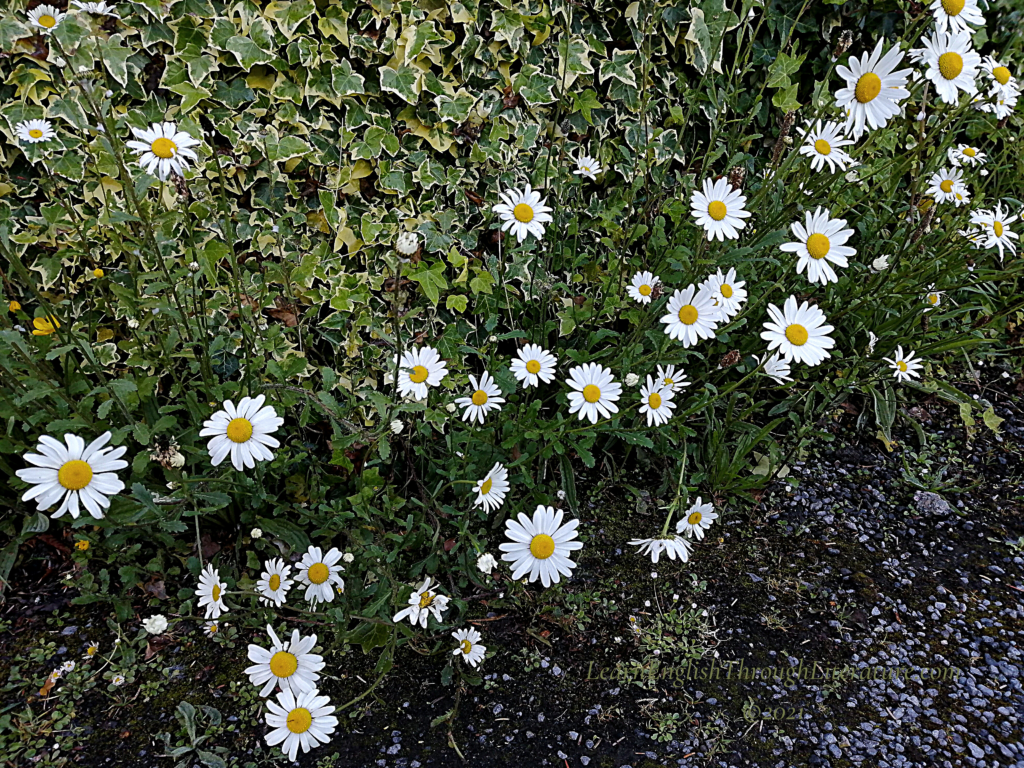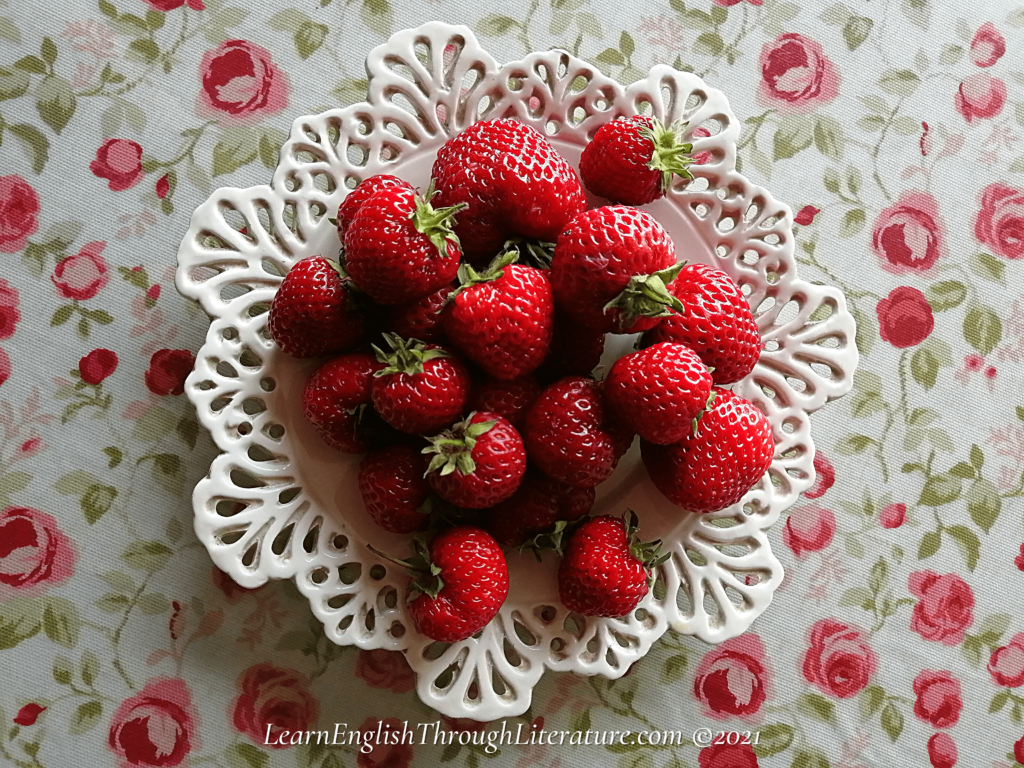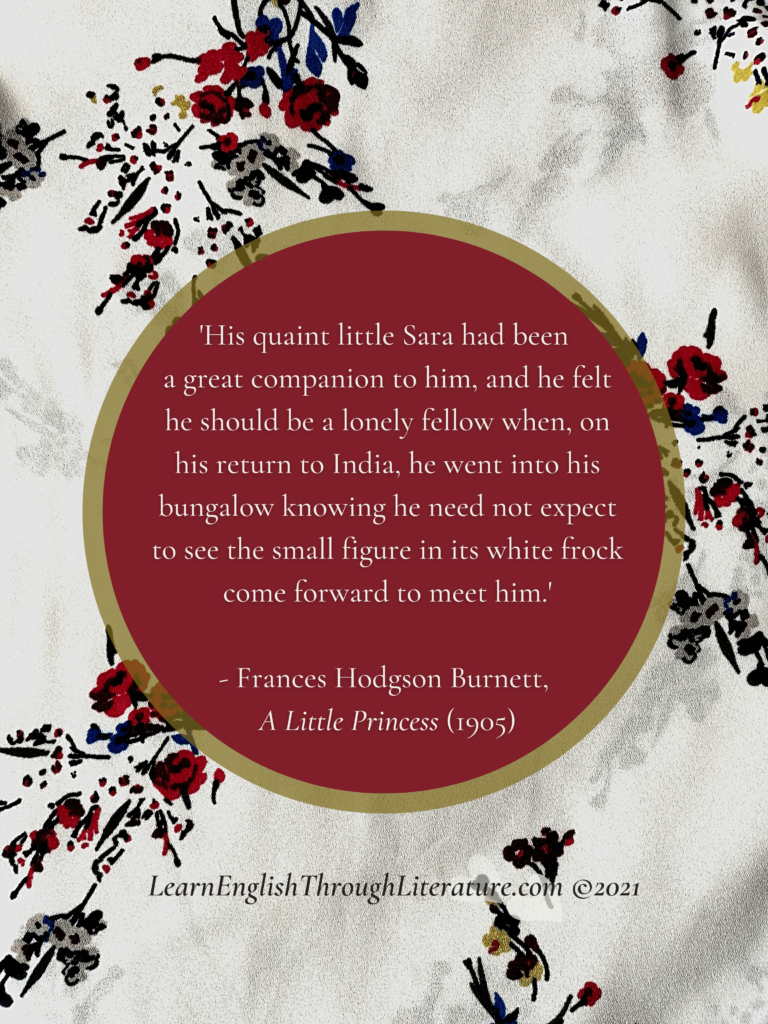Lesson #257 (Part 1): ‘Oh I do see …’ Analysing the many ways Henry James used ‘do’ in English (and how you can too)
📗 “Live all you can; it’s a mistake not to. It doesn’t so much matter what you do in particular so long as you have your life. If you haven’t had that what have you had? I’m too old— too old at any rate for what I see. What one loses one loses; make no […]

